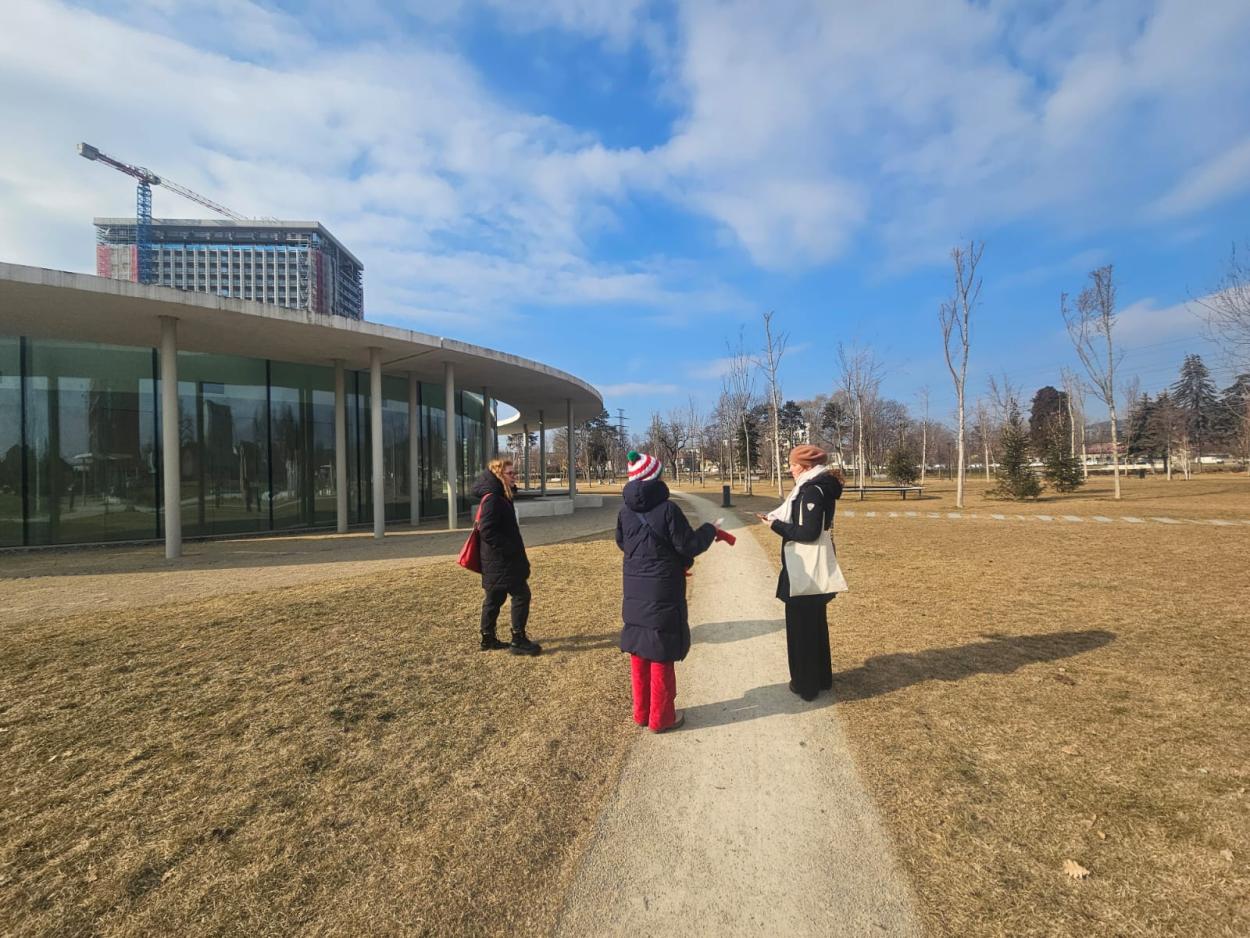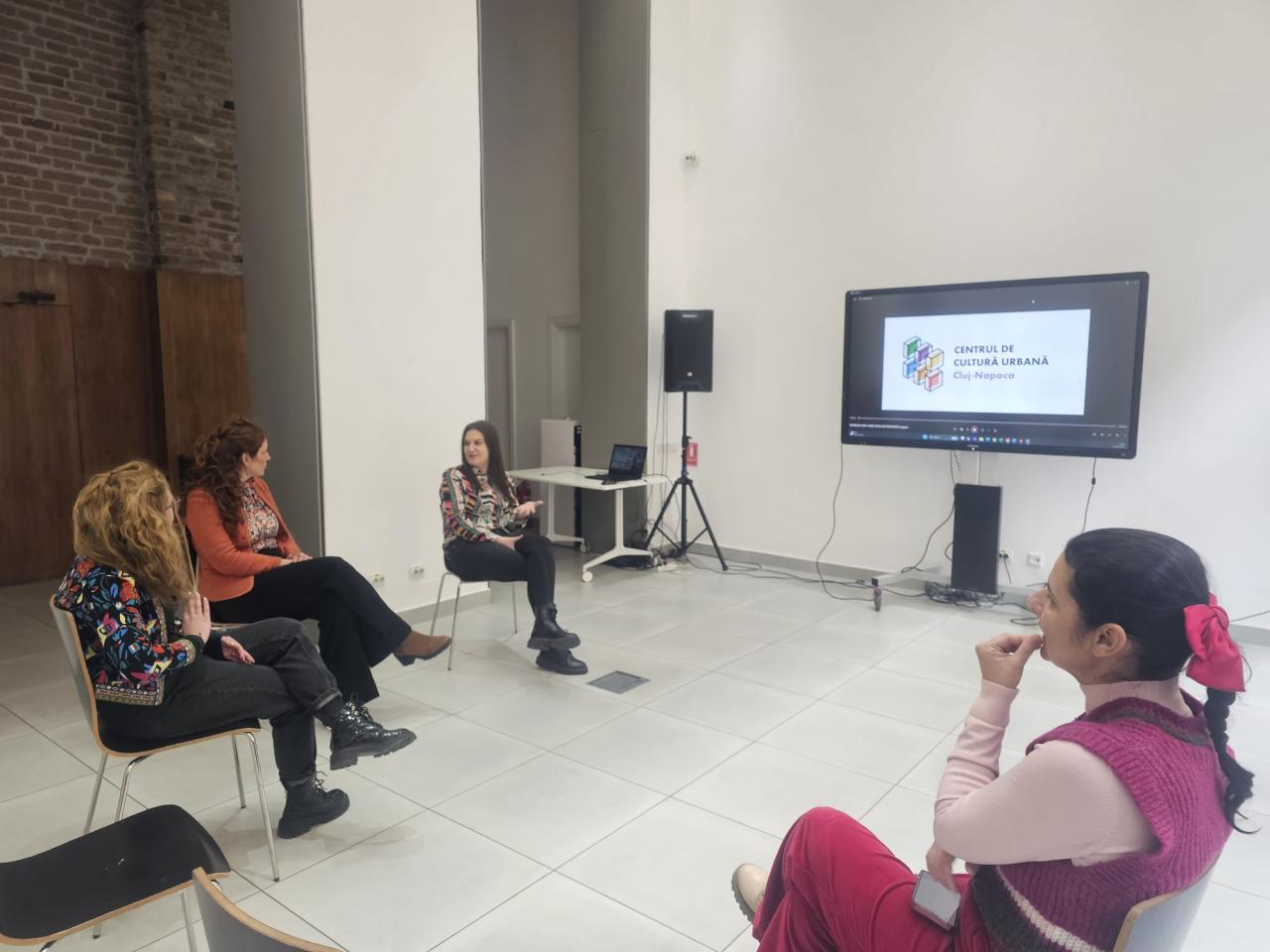Cluj-Napoca, like many urban centers, faces specific challenges related to urban safety at night. Although it is generally regarded as one of Romania’s safer cities, issues still arise in areas with high nightlife activity, a growing population, and infrastructure limitations. To address these concerns, the city has been implementing measures such as expanding public lighting, increasing surveillance in nightlife districts, enhancing police presence, and promoting initiatives that foster a safer nightlife environment. Improved transportation options and community policing programs are also being considered to help create a safer, more inclusive atmosphere after dark.
Beyond physical infrastructure improvements, activating Cluj-Napoca’s underused public spaces can also contribute significantly to urban safety. By transforming these areas into vibrant, well-utilized spaces, and finding the most suitable and inclusive utility, the city can create safer environments through increased foot traffic and visibility.
Cluj is keen on exploring new storytelling approaches to communicate with and about our territory, strengthening connections with the community raise awareness on the existing opportunities and even promote collaboration between local actors. The activation of new proximity services can create a pattern that will further improve accessibility inclusiveness and equal service delivery for residents in all areas and neighborhoods, while an impact assessment framework will allow us to evaluate the effectiveness of these initiatives and serve as a useful tool in other similar development projects.
New storytelling for communication with and about the territory
Storytelling plays an important role in shaping Cluj-Napoca's identity and engaging the community in its urban development. In various urban regeneration projects, such as the revitalization of public spaces or infrastructure improvements, Cluj-Napoca City Hall has employed storytelling techniques to share before and-after narratives, explain the importance of the project, and communicate the positive impact on the community. In the context of Cluj's Smart City initiatives, storytelling is used to explain complex technologies, such as smart mobility and digital platforms, in a way that resonates with everyday citizens helping them understand how these innovations improve their lives. Storytelling campaigns use various mediums, including social media, websites, and public events, to engage both residents and international audiences in discussions about the city’s identity and vision.
Urban regeneration interventions
Cluj-Napoca has significant experience in urban regeneration interventions, focusing on revitalizing neglected or underused spaces and transforming them into vibrant, functional areas for the community. One notable example is the Piața Unirii renovation, where the city revitalized the central square, improving pedestrian access, enhancing public spaces, and integrating modern amenities while preserving the area’s historical character.

Activation of new proximity services
Through participatory activities, Cluj-Napoca gained experience in supporting local stakeholders, including NGOs, universities, and third-sector organizations, in activating social, cultural and innovative activities, working also as a connector between these sectors and assuring a more efficient collaboration. The city fosters strong partnerships between universities and NGOs to address local needs, such as urban regeneration, mobility and digital transition.
Impact assessment framework
Cluj-Napoca usually partners with local universities to conduct studies that assess the social outcomes of urban development projects. These evaluations allow the city to track improvements in public perception and community well-being, ensuring that projects meet the intended social goals and adapting where necessary to better serve the community.
Development of a technological Platform
Cluj-Napoca Municipality actively supports technological development and innovation. The local government has invested in turning Cluj into a smart city and a leading digital innovation hub.
Through the transfer network, Cluj-Napoca aims to gain deeper insights into effective community engagement techniques, activation and utility of underused public spaces, as well as successful models of urban data platforms.
The City can share our previous URBACT experiences, Innovato-R and Co4Cities that helped us have a better understanding on the possibilities to collaborate with the local community and also the experience of working with universities for research and evaluation of the activities. To develop our local project, Cluj aims at focusing on a pilot area that encompasses both urban regeneration and community engagement, particularly in areas currently underused.


